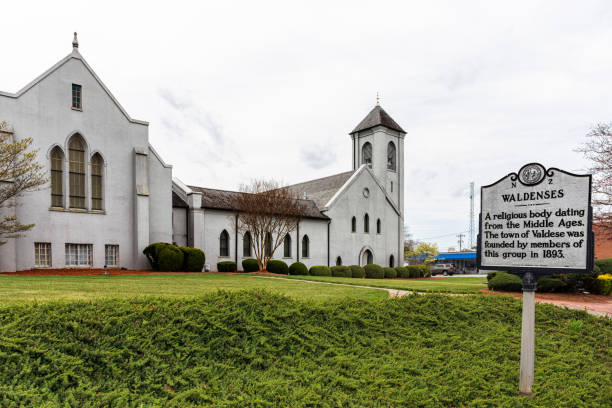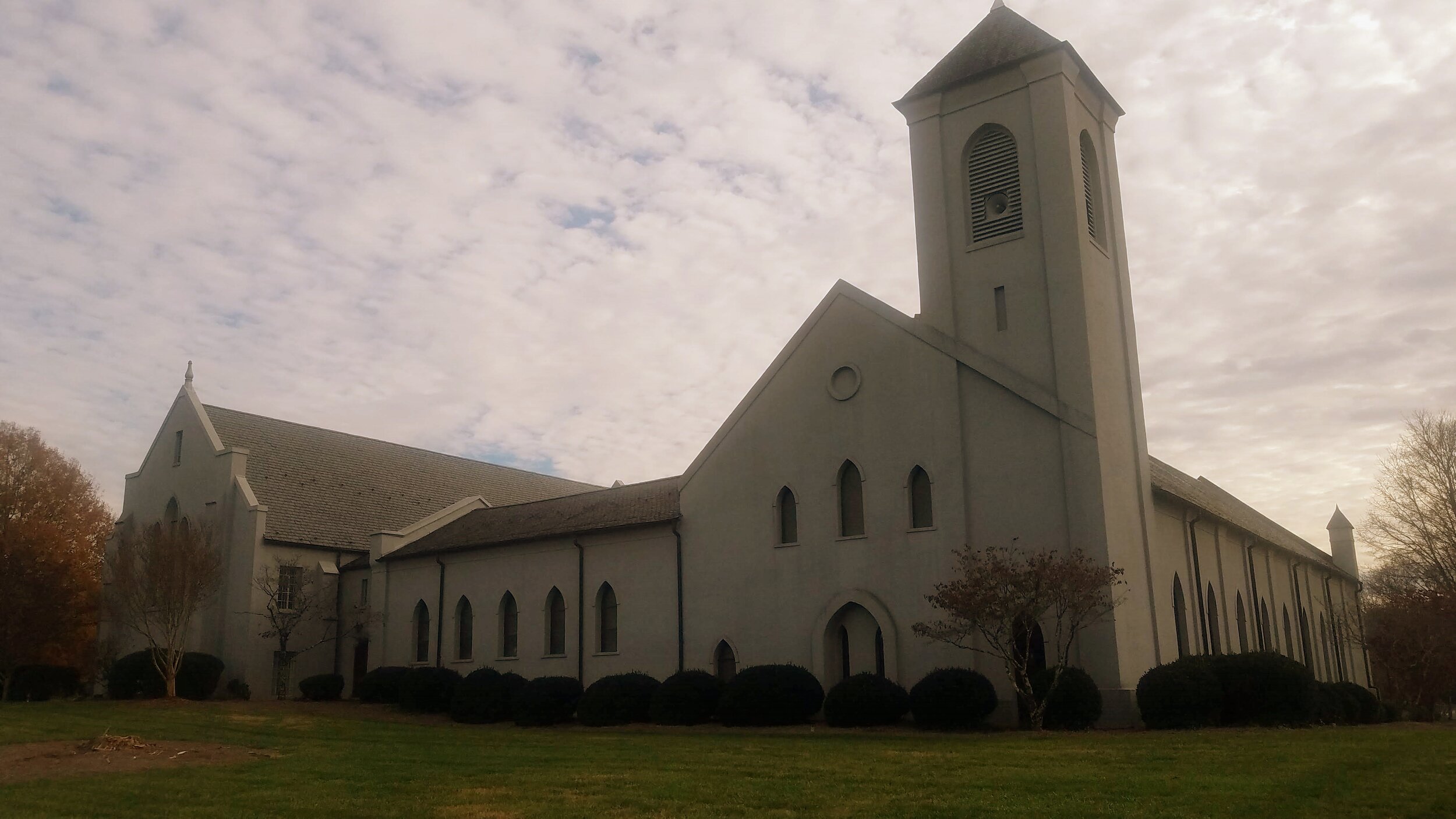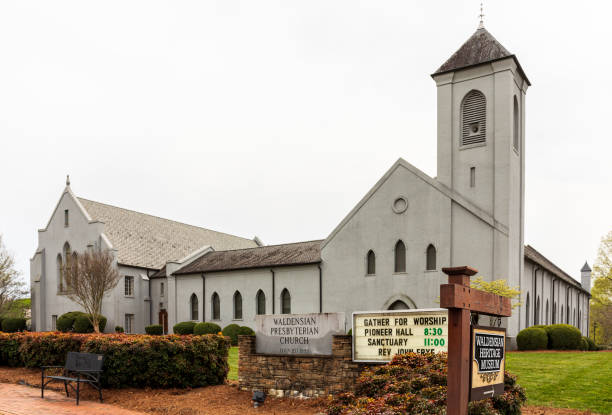The Waldensian faith, a unique and resilient Christian tradition with roots tracing back to the 12th century, has produced a rich tapestry of leaders and theologians who have shaped its history and beliefs. In this article, we delve into the lives and contributions of some of the most prominent figures in the history of the Waldensian faith.
Peter Waldo (Valdo): The Founder of Waldensianism

The Waldensian faith owes its name and early inspiration to Peter Waldo, a merchant from Lyon, France, in the late 12th century. Struck by the teachings of Jesus Christ, Waldo committed himself to a life of simplicity, poverty, and the translation of the Bible into the vernacular language for all to understand. His actions laid the foundation for the Waldensian movement, which sought to live according to the teachings of the Gospels.
Valdo and His Companions: Early Pioneers of the Faith
Peter Waldo was not alone in his mission. He was joined by a group of followers, often referred to as the “Poor of Lyon” or “Leonists.” These early Waldensians played a crucial role in spreading the faith throughout Europe, advocating for a return to the simplicity of early Christianity and a rejection of the excesses of the Roman Catholic Church. Their commitment to poverty, humility, and the direct study of the Bible set the stage for the Waldensian movement’s growth.
Ludovico of Valdes: A Defender of the Faith
Ludovico of Valdes, also known as Louis of Valdes or Ludovico Valla, was a prominent Waldensian theologian in the 13th century. He is credited with writing “The Noble Lesson,” a foundational text of Waldensian theology. Ludovico of Valdes emphasized the importance of living in accordance with Christ’s teachings and the rejection of worldly wealth. His writings and teachings helped solidify the Waldensian faith’s theological foundation.
The Reformation and Beyond: Giorgio Biandrata and Lelio Sozzini
The Protestant Reformation in the 16th century brought significant changes to the Waldensian faith. Giorgio Biandrata and Lelio Sozzini were instrumental in guiding the Waldensian Church through this transformative period. Biandrata advocated for a merger with the Calvinist Reformed Church, while Sozzini sought a middle ground, emphasizing the importance of unity and theological dialogue among different Protestant groups. Their efforts helped the Waldensian Church adapt to changing times while preserving its unique identity.
Contemporary Leaders: Promoting Dialogue and Peace
In modern times, leaders like Paolo Ricca and Eugenio Bernardini have continued to advocate for interfaith dialogue, social justice, and peace. These leaders have represented the Waldensian Church on the global stage, working towards reconciliation and understanding among different religious traditions.
Conclusion: A Legacy of Faith and Resilience
The history of the Waldensian faith is replete with leaders and theologians who have left an indelible mark on both the faith itself and the broader Christian tradition. From the humble beginnings of Peter Waldo to the modern-day efforts of leaders promoting dialogue and peace, the Waldensian faith’s legacy of faith and resilience continues to inspire and enrich the lives of its followers. Through the dedication and contributions of these prominent figures, the Waldensian faith remains a beacon of hope and a testament to the enduring power of faith and devotion.



